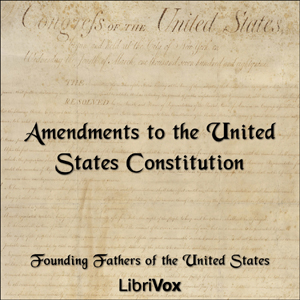
If we are going to create these, we want to make sure they're carefully balanced and we don't want them to get out of control. There were no courts at the national level. We're going to create two whole new branches of government. That's true in a certain sense.īut a better way of thinking about it is we're going to create this massive new, incredibly large expansion of government. This is a misconception I find a lot of people have that somehow the Constitutional Convention was about limiting government. The federal government being strong would have been a change for people. But it is true in the data that having daughters does seem to have a subtle pull towards the status quo.ĬB: For those of us who maybe haven't been in an American history class for a while, the status quo was these stronger local or state governments running things. I think probably the stronger subconscious motivation may have been among fathers of sons. They had it within family networks and local institutions. You are happy with the state government that's near you, where you're likely to have influence and to the degree your daughter has influence in your community.īecause women did have influence in the 1700s, but not the same kind of influence that men did. So if you're the father of a daughter, you might have a subtle prejudice against changing things, because everything was going reasonably well. JP: I don't know that I think it really offered a lot of advantages for women. So the notion of creating a national judiciary, the need for a diplomatic corps, all the kinds of offices that are associated with a strong national government, that could be a subtle influence on your thinking.ĬB: Why would the founding fathers with daughters prefer strong state governments on the other side of that coin? They could go into government, but only if a large government with lots of offices exists.


Some of them need to go off and become merchants military officers. Only one of them is likely to inherit the family estate. Jeremy Pope: You have to go back in time and think about what gender meant in the 1700s. Why did they tend to fall along those lines? This interview has been edited for length and clarity.Ĭaroline Ballard: Your research found when it comes to America’s founding fathers, those who had sons favored a strong national government and those who had daughters favored strong state government. KUER’s Caroline Ballard spoke with political scientist and co-author of the study Jeremy Pope.

A new study out of Brigham Young University shows when it came to how strong they felt the federal government should be, the gender of their children played a large role.

America’s founding fathers had a lot to consider when drafting the United States’ Constitution.


 0 kommentar(er)
0 kommentar(er)
